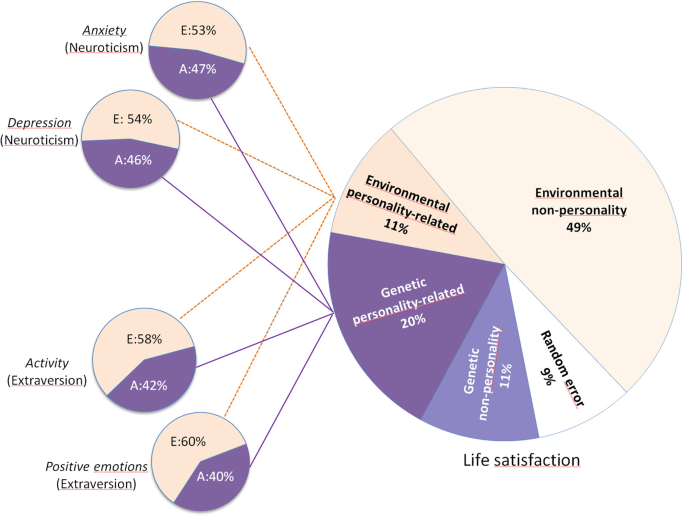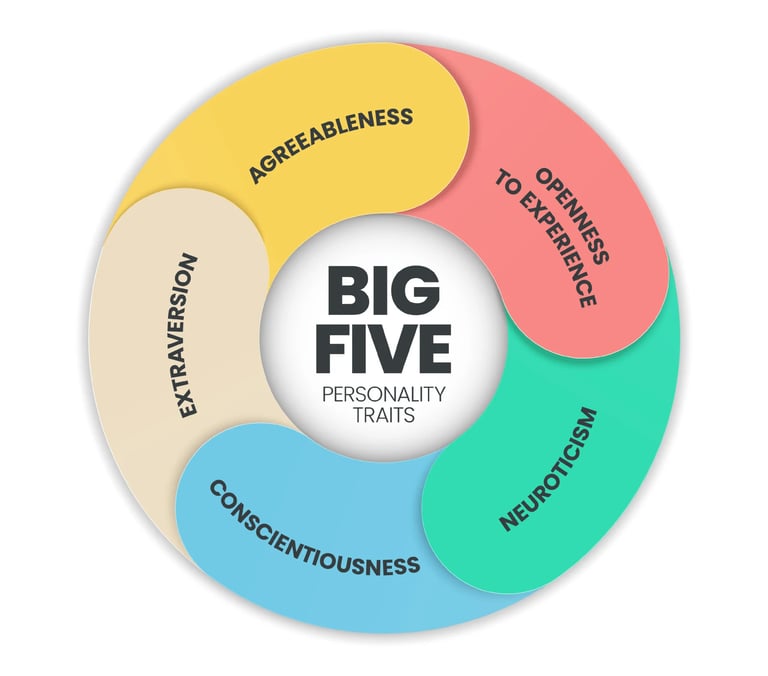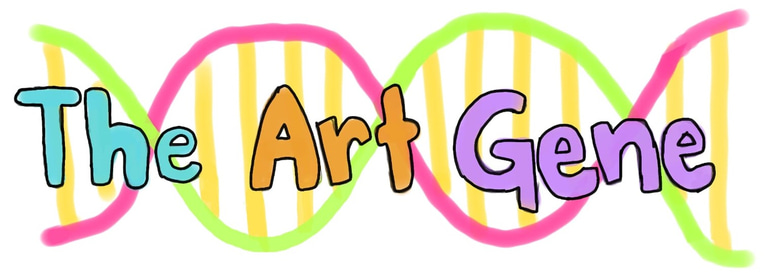The Science of Dune: How do genes shape personalities?
Discover how personalities aren't just shaped by genes but also by the environment and why genes were so important to the Bene Gesserit
GENESSCI-FIDUNE
Sunskritha R Shivaprasad
1/12/20253 min read


The Science of Dune: How do genes shape personalities?
[*spoilers ahead*]
In case you're planning on reading the series Dune or watching the new show Dune: Prophecy, I urge you to watch it and come back here to read more about how genetics plays a role in Dune. Most of the content referenced here is from Dune: Prophecy and is almost limited to it.
Frank Herbert’s 1965 novel Dune, the Bene Gesserit sisterhood plays a vital role in Dune's prophecy, not only through their political influence but also through their manipulation of genetics. The Bene Gesserit's final goal is to create the Kwisatz Haderach—a single superhuman with prescient abilities who can overcome the limitations of time and space—through a long-standing genetic breeding program. Whether it is ethical or not in the Dune world remains to be answered. However, in our world, breeding programs are only beneficial to keep endangered species alive and are unethical as it removes the integrity of the human race and the meaning of life as a natural process.
Genetic and non-shared environmental components, divided into personality-based and non-personality sources. A is the additive genetic variance and E is the non-shared environmental variance.
Now back to Dune. This program that is carried out over generations, draws parallels with modern debate surrounding genetic engineering, prompting us to consider the potential and the perils of genetic manipulation in our own world.
To create the Kwisatz Haderach, the Bene Gesserit or particularly Valvya Harokonnen selects Javicco Corrino and Natalya Arat whose heir, Princess Ynez who plays a slightly significant role in other books in the series in respesct with the aristrocratic structure of her house rather than her being the ultimate fulfillment of the Kwisatz Haderach prophecy.
Princess Ynez from Dune: Prophecy
But why does the Bene Gesserit care about Anirul - a smart genetic archive?
The role of genes extend beyond more than just physical or abilities, it also indirectly shapes personalities based on the environmental factors. In Dune, the Bene Gessrit's goal was to instil stability within the empire through a “perfect” ruler – Ynez.


Paul Atreides from Dune
For example, the monoamine oxidase A (MAOA) gene, often referred to as the "warrior gene," plays a crucial role in regulating neurotransmitters such as dopamine and serotonin. Variants in this gene have been associated with aggression and impulsivity in certain environments. For instance, individuals with low-activity MAOA variants are more likely to exhibit aggressive behavior when exposed to adverse childhood experiences. This gene-environment interaction (GxE) underscores how personality traits can be influenced by life circumstances.
The dopamine receptor D4 (DRD4) gene is linked to novelty-seeking behavior, which encompasses traits like curiosity and risk-taking. Studies reveal that individuals with certain DRD4 variants are more likely to engage in adventurous activities or pursue unconventional career paths. This genetic influence highlights how our innate tendencies drive our quest for new experiences, shaping the adventurous facets of personality.
Another example is the serotonin transporter gene-linked polymorphic region (5-HTTLPR) which is associated with emotional regulation and resilience. Individuals with the short allele of this gene may exhibit heightened sensitivity to stress and emotional stimuli, while those with the long allele tend to display greater emotional stability. Understanding this genetic contribution sheds light on why some people are naturally more resilient than others.
The influence of genes on personality is perhaps not predictable but is rather shaped by environmental factors. For example, a supportive upbringing can mitigate the effects of a genetic predisposition toward anxiety. Personality traits are typically influenced by multiple genes working together, making it a complex and dynamic phenomenon. Moreover, environmental factors can modify gene expression without altering the DNA sequence itself, further highlighting the adaptability of personality traits.
In the real world, understanding the genetic basis of personality can be used in psychology to identify genetic predispositions and can aid in early intervention strategies for mental health issues like anxiety or depression.
Although about 30% to 60% of your genes are responsible for your personality, being surrounded with the right people and environment can shape you into a different person (lest you become Desmond Hart).
“The mystery of life isn't a problem to solve, but a reality to experience."




The Big Five personality traits are a psychological model that describes five key dimensions of personality: neuroticism (proneness to experience negative affect), extraversion (motivation to engage with others), openness to experience (inventive or curious behavior), agreeableness (friendliness and compassion toward others), and conscientiousness (attentive and organized behavior).

Contacts
sunskrithas19@gmail.com
Blog
© TheArtGene
sunskrithas@theartgene.com
Subscribe to our blog!
Updates bi-weekly every Sunday!
